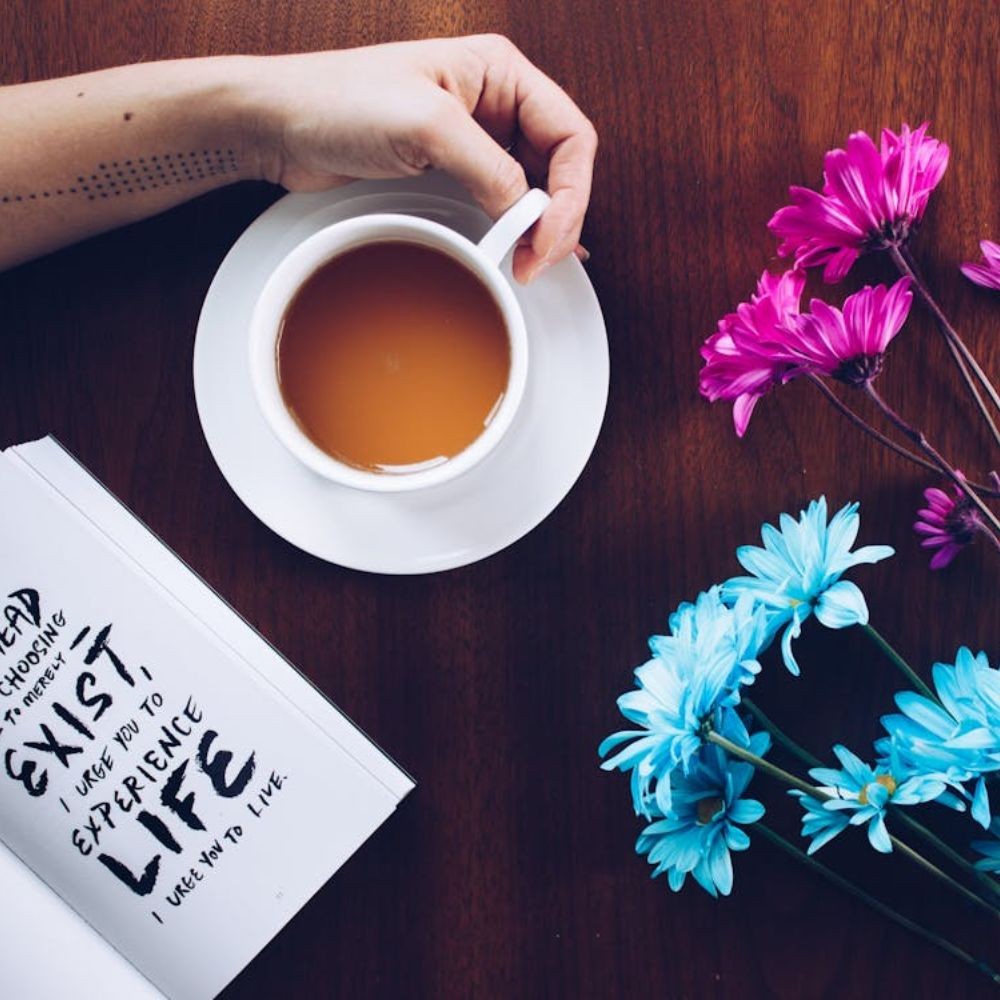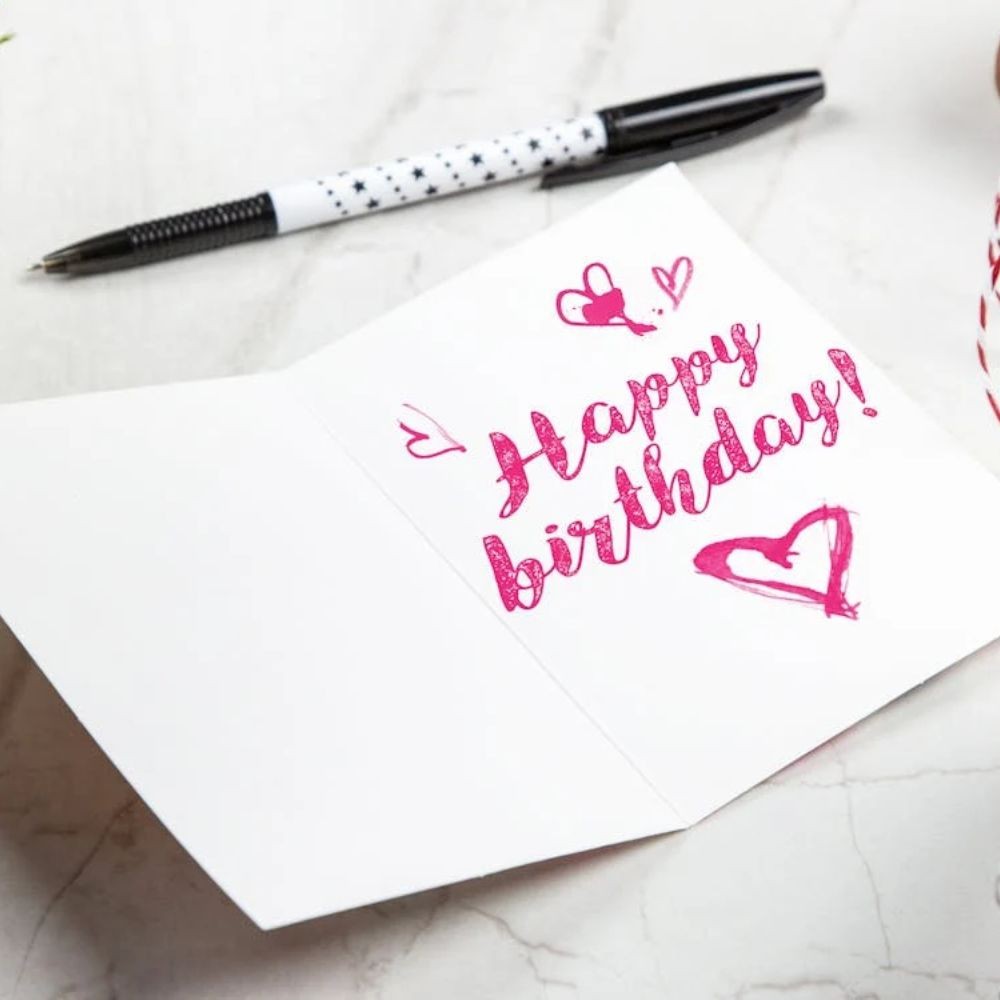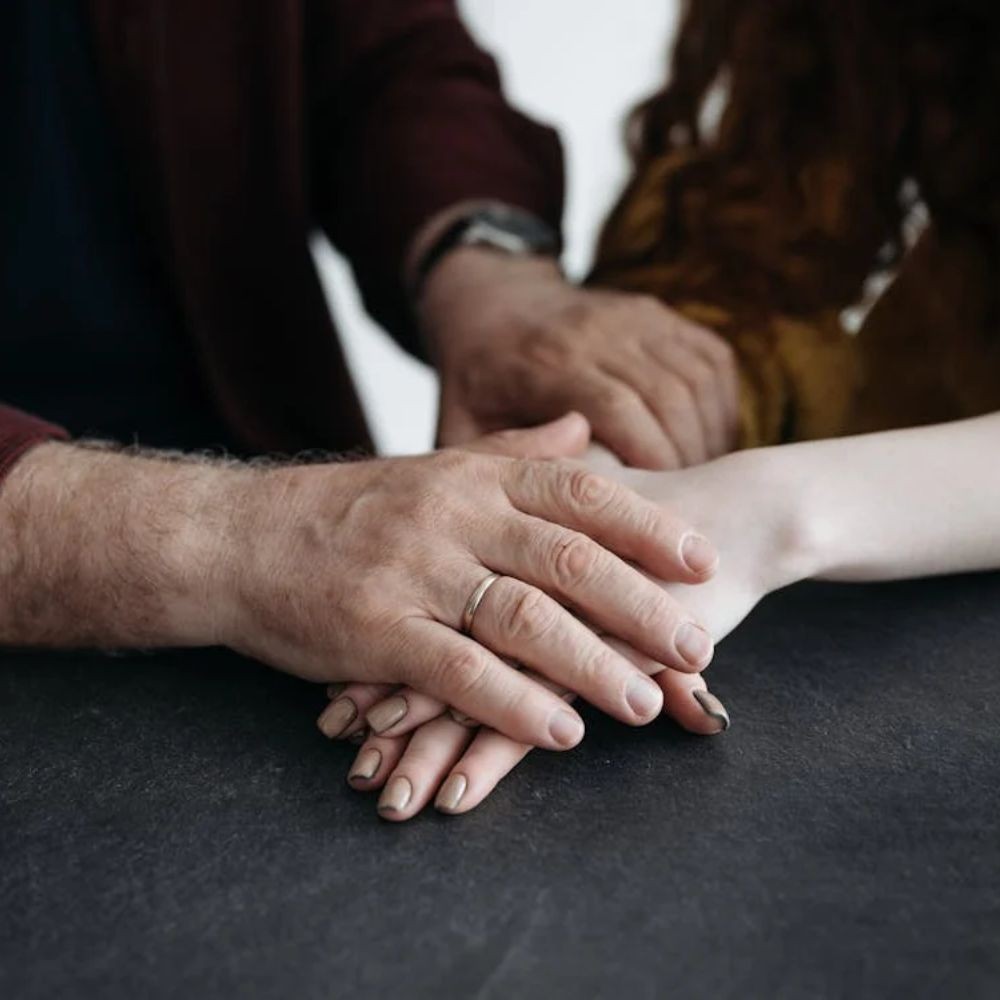15 Characteristics of a Bad Friend: Signs to Watch out for
Discover the common characteristics of a bad friend. Learn the impact of toxic friendships, how to navigate the negativity, and build trustworthy connections.

Real friendships are important in life because they help us create memories, share laughs, and experience things together. But sometimes, some people might not be true friends and could cause problems in our friendship circle. We call them "bad friends." They may not prioritize our well-being, which can be emotionally draining and detrimental to our emotional health. Identifying the characteristics of a bad friend is essential for protecting ourselves from toxic people. This article will help you to distinguish between genuine friends and those that bring negativity into your lives.
By learning the common traits of a bad friend, you can navigate a toxic relationship and form genuine connections that uplift and inspire you. If you deal with bad relationships, you can find the strength to face your problems and build a group of true friends who make you happy and fulfilled.

1. Lack of Empathy

A fundamental sign you have a bad friend is their lack of empathy. Empathy is the ability to understand and share the feelings of others, but toxic friends may show little concern for your emotions, struggles, or successes. When you're going through difficult times or need support, they might dismiss your feelings or even be indifferent to your situation. This absence of empathy can leave you feeling isolated and emotionally neglected, making it challenging to rely on them for genuine understanding and compassion.
2. Constant Negativity

Toxic friends often bring a cloud of negativity wherever they go. They may focus on the negative aspects of life, complain excessively, and drain your energy with their constant pessimism. Spending time with them can leave you feeling emotionally exhausted and demotivated. Instead of being a source of positivity and encouragement, they tend to bring down the overall mood and atmosphere, making it challenging to maintain a healthy and happy friendship.
3. Betrayal of Trust

One of the unhealthy friendship characteristics is their tendency to betray you. Trust is a crucial foundation of any healthy friendship. Toxic traits in bad friends, like sharing your secrets, gossiping about you, or revealing personal information without your consent, hamper your connection with them. This kind of betrayal can make you feel upset and let down, damaging the trust that's important in any good relationship.
4. One-sided Relationships

A terrible friendship often involves an imbalanced dynamic, where one person consistently takes and rarely gives back. You might find yourself constantly offering support, being there for them, and making sacrifices, while they seldom reciprocate the same level of care or consideration. This one-sided relationship can leave you feeling unvalued and unimportant, as if your needs and feelings are overlooked, leading to a sense of being taken advantage of.
5. Jealousy And Envy

Toxic friends may harbor jealousy and envy toward your achievements, possessions, or personal qualities. Instead of celebrating your successes, they may undermine your accomplishments or try to downplay your achievements. This jealousy depicts the qualities of a bad friend, and it can breed competition and a sense of insecurity in the friendship, creating an unhealthy and unsupportive environment.
6. Manipulation

In a toxic friendship, manipulation is a distressing trait that can harm your well-being. Toxic friends may use various tactics to control and negatively influence your decisions, often to benefit themselves without considering your feelings or desires. They might employ peer pressure, emotional manipulation, guilt trips, or even deception to steer you towards choices that don’t serve your interests. This can lead to a loss of autonomy and a feeling of being used for their benefit, eroding the trust and authenticity that should be present in a harmonious companionship.
7. Lack of Respect

Respect is important in any friendship, but bad friends might make you feel small or not take your thoughts, limits, or decisions seriously. They could ignore how you feel, make fun of what you believe in, or not care about your rules. This lack of respect can leave you feeling devalued and disrespected as if your thoughts and emotions hold little importance to them. In a genuine friendship, respect for each other's individuality and choices is vital for maintaining a strong and supportive connection.
8. Constant Drama

Toxic friends traits on drama and conflict, consistently drawing you into unnecessary disputes or creating chaos. They may gossip, exaggerate situations, or provoke arguments to keep tensions high and attention focused on them. Constantly being caught up in their drama can be emotionally draining, leaving little room for a calm and harmonious friendship. A good characteristic of friendship should promote peace, understanding, and positive experiences, rather than being a source of constant stress.
9. Self-centeredness

A bad friend tends to display excessive self-centeredness, prioritizing their needs, desires, and concerns over yours. They monopolize conversations, constantly shift the focus to themselves, and rarely show genuine interest in your life or well-being. This self-centered and toxic behavior can lead to neglect and loneliness as if your friendship is merely a means to fulfill their needs rather than wanting to establish a reciprocal and caring bond.
10. Unreliable And Unsupportive

A vital sign of a negative friend is their unreliability and lack of support during challenging times. When you need them the most, they might be unavailable, dismissive, or unwilling to offer a helping hand or a listening ear. This lack of support can leave you feeling isolated and unsupported, questioning the authenticity of your friendship. In solid friendships, mutual support and reliability are crucial, providing a sense of security and comfort during both good and challenging times.
11. Conditional Friendship

In a toxic friendship, the bond may be based on conditions and self-interest rather than genuine care and support. These bad friends' qualities may only show up when they need something from you, such as favors, advice, or assistance. However, when you require help or want their companionship, they might be conspicuously absent or uninterested. This conditional approach to friendship can leave you feeling used and unvalued as if your worth is determined solely by what you can offer them rather than being appreciated for who you are.
12. Gaslighting

Gaslighting is a harmful tactic bad friends use to manipulate and control you emotionally. They might distort the truth, deny previous conversations, or twist events to make you doubt your memory, thoughts, and emotions. This undermining of your perception of reality can lead to confusion, self-doubt, and a sense of being emotionally manipulated. In close companionship, open and honest communication should prevail, and your feelings and experiences should be respected, not manipulated.
13. Lack of Accountability

Unreliable friends often avoid taking responsibility for their actions, refusing to acknowledge their mistakes and deflecting blame onto others. When confronted with their wrongdoings, they might become defensive, minimizing the impact of their behavior or making excuses. This lack of accountability can be detrimental to the trust and integrity of the friendship. Whereas a critical characteristic of a healthy friendship involves both individuals should be willing to take responsibility for their actions, apologize when necessary, and work toward personal growth and understanding.
14. Competitive Behavior

Being a bad friend may foster a competitive atmosphere within the friendship, constantly comparing themselves to you and seeking to outdo or one-up your accomplishments. Instead of celebrating each other's successes, they may feel threatened by your achievements, turning the friendship into a battleground for validation and superiority. This competitive behavior can create tension and resentment, eroding the supportive and uplifting foundation that should define a harmonious friendship.
15. Alienation from Other Friends

To exert control and dominance, a toxic friend may isolate you from your other friends or loved ones. They might discourage you from spending time with others, criticize your other relationships, or make you feel guilty for seeking support or companionship outside of the friendship. This alienation can create a sense of dependency on them, making it difficult for you to establish a balanced social life and maintain other lively connections.
The Ripple Effect: How a Bad Friend's Behavior Can Affect Your Mental Well-being

The impact of a bad friend on your mental health can be profound and far-reaching. It can lead to emotional drainage, self-doubt and insecurity, anxiety and stress, guilt and self-blame, isolation, loneliness, and diminished trust. A bad friend's constant negativity, lack of empathy, and bad behavior can leave you feeling emotionally exhausted and lingering even after you part ways. The seeds of self-doubt they plant can grow into a forest of insecurity, clouding your judgment and eroding your confidence. Navigating a negative relationship can be fraught with tension and drama, causing increased anxiety and stress.
These lists of bad qualities of a person's guilt and self-blame can burden your heart, leading to a cycle of self-criticism and negative comments. Isolation and loneliness can result from a bad friend's self-centeredness, which can intensify feelings of being misunderstood and unsupported.
Trust erosion by a bad friend can hinder your ability to form meaningful connections with new people, impacting your overall social well-being. To safeguard your mental health, you must recognize and distance yourself from toxic friendships and prioritize nurturing relationships that bring positivity, support, and emotional growth into your life.
Strategies for Breaking Free from Toxic Friendships

Dealing with terrible friends or realizing that they may not be real friends can be a challenging and emotional journey. However, recognizing the bad qualities of a best friend or acknowledging the toxicity in a friendship is the first step towards healing and growth. Breaking free from bad companies requires courage and self-compassion.
1. Self-reflection
Take time to reflect on the dynamics of the friendship and your role in it. Be honest with yourself about any negative behaviors or bad signs you might have exhibited, and assess whether the friendship is genuinely uplifting or detrimental to your well-being.
2. Set Boundaries

Establish clear boundaries to protect yourself from further emotional harm. Limit the time and energy you invest in toxic friendships and prioritize your needs and happiness.
3. Seek Support

Contact other mutual friends, family members, or therapists to share your feelings and experiences. Having a supportive network can provide validation and encouragement during this challenging process.
4. Communicate If Possible
If you feel comfortable doing so, consider having an honest conversation with your true friend about your concerns and feelings. However, be prepared for different outcomes, as not all horrible friends may be receptive to constructive feedback.
5. Focus on Healthy And Strong Friendships

Shift your attention towards building and nurturing healthy relationships that bring positivity and support into your life. Surround yourself with people who genuinely care about your well-being.
6. Practice Self-care

Engage in activities that promote self-care and emotional healing. This might include hobbies you enjoy, spending time in nature, or engaging in mindfulness practices.
7. Letting Go

Understand that letting go of a toxic relationship is an act of self-preservation and self-love. It may be painful initially, but in the long run, it will pave the way for personal growth and healthier relationships.
Conclusion
Recognizing the characteristics of a bad friend can lead to liberation and healing. Surround yourself with supportive friends who cherish dreams, respect boundaries, and celebrate triumphs. Trust your instincts, be kind to yourself, and learn from past experiences. Embrace lessons learned from these traits to nurture healthy, meaningful connections. Open your heart to authentic friendships, where you can find solace, laughter, and a sense of belonging.

10 Clear Signs of Jealous Friends You Need to Watch Out for





 JOIN OUR WHATSAPP CHANNEL
JOIN OUR WHATSAPP CHANNEL













































